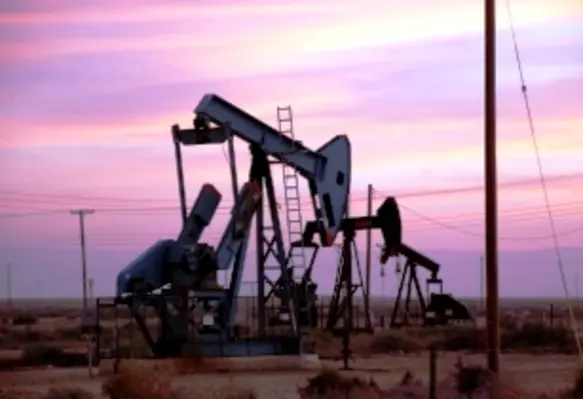Saudi Arabia is likely to boost its crude oil supplies in August to a new record level, overtaking Russia, the world’s top oil producer, as it gets ready for tough talks next month for a global output freeze pact
In June this year, Saudi Arabia pumped 10.55mn bpd, and lifted production to 10.67mn bpd in July, the highest in its history.
Now the sources expect the OPEC heavyweight to raise its crude supplies to another record this month as demand inside and outside the Kingdom look healthy.
One source from outside OPEC said that output could rise further to as high as 10.8mn bpd to 10.9mn bpd.
Reuters report has stated that industry sources say the Kingdom, already the world’s largest oil exporter, started to raise production from June, after holding it steady for the first half of the year, to meet rising seasonal domestic demand as well as higher export requirements.
Higher production could give it more leverage during talks in September when both OPEC and non-OPEC producers are expected to revive a freeze deal to support oil prices, the sources added.
Saudi Arabia appears to want higher prices, but agreeing a level to freeze supplies will be the main obstacle to a deal.
Some analysts, however, said using hard negotiating tactics could backfire on Riyadh.
“It would therefore be a very hard sell for Saudi Arabia to have other countries join a collective action plan, while it is the main source of supply increase ” outside of Iran post sanctions,” according to Olivier Jakob at Petromatrix.
Last week, Saudi Arabia energy minister Khalid al-Falih sought to clarify why the Kingdom hiked its production in July in an oversupplied market. In a statement, Falih explained the rise was due to rising seasonal domestic demand and customers asking for more oil worldwide.
Oil prices dropped to US$27 per barrel in January from as high as US$115 in mid-2014, hitting the budgets of oil exporters worldwide, including Saudi Arabia, and resulting in a record fiscal deficit for Riyadh.
A previous attempt to freeze output at January levels to support prices collapsed last April after Saudi Arabia said it wanted all producers, including Iran, to join the initiative. But since the appointment of Falih in April, Saudi Arabia has taken a softer tone towards Iran at OPEC.
OPEC sources say the group will probably revive talks on freezing output when it meets non-OPEC nations next month in Algeria as Riyadh appears to want higher prices.








